A Promising Start Turns Sour
In late 2021, SMS Novel, a company branding itself as a “Christian-based film company,” announced ambitious plans to deploy drone surveillance in Memphis, Tennessee, aiming to combat the city’s crime rates. The initiative, dubbed “Operation Memphis Guardian,” promised a high-tech approach to monitoring criminal activity, employing drones equipped with facial recognition technology during peak crime hours.
The company’s founder, Jomo K. Johnson, positioned the operation as a novel solution to the “rampant plague of gang violence” affecting Memphis, reports The Commercial Appeal. Yet, as details emerged, the program’s legality and execution came under scrutiny, revealing a series of missteps and unfulfilled promises that have left stakeholders questioning the viability and integrity of the operation.

Jared Butler’s Cautionary Tale
Jared Butler’s experience with SMS Novel serves as a cautionary tale for those enticed by the company’s promises. After applying for a job as a drone security pilot, Butler found himself out $200 with nothing to show for it. His training, which cost him a fee for obtaining a Part 107 Drone Pilot’s license, consisted of sporadic emails and YouTube videos, with a promised in-person training session never materializing. Butler’s attempts to recoup his losses were met with silence; his communications with Johnson and SMS Novel were blocked, leaving him with more questions than answers.
Legal and Operational Hurdles
SMS Novel’s operations in Memphis faced immediate Legal and operational challenges. Despite Johnson’s claims of a successful “beta-test” and plans to launch full operations, local officials and law enforcement agencies have distanced themselves from the company.
The Memphis Police Department confirmed they are not working with SMS Novel, and local representatives expressed unawareness of the company’s activities. Furthermore, drone laws in Tennessee, which prevent unauthorized surveillance and require specific certifications for commercial drone operations, cast doubt on the legality of SMS Novel’s surveillance methods.
Legal experts emphasize the need for FAA permits and adherence to state laws, suggesting that SMS Novel’s operations could face significant legal hurdles.
A Community Left in the Dark
The impact of SMS Novel’s operations extends beyond legal concerns, touching on issues of privacy, community TRUST, and the ethical use of surveillance technology. Residents and local officials were largely kept in the dark about the specifics of “Operation Memphis Guardian,” with Johnson’s opaque communication and unverified claims doing little to build confidence in the initiative.
The promise of using drones to monitor and report criminal activity raised significant privacy concerns, particularly given the lack of clear consent from those being surveilled.
A Drone Flight to Nowhere?
SMS Novel’s venture into drone surveillance in Memphis highlights the complexities and challenges of implementing technology-driven crime-fighting solutions. While the idea of using drones for public safety is not without merit, the execution and transparency of such programs are crucial.
As SMS Novel navigates the legal and ethical landscapes of drone surveillance, the tale of “Operation Memphis Guardian” serves as a reminder of the importance of accountability, legality, and community engagement in the pursuit of innovation.
For now, the company’s ambitions seem to have flown too close to the sun, leaving a trail of unmet expectations and unresolved questions in their wake.
Expanding Horizons with Caution: SMS Novel’s Activities in St. Louis
In addition to its controversial presence in Memphis, SMS Novel has also extended its drone surveillance model to St. Louis, as previously reported by DroneXL.
This expansion reflects the company’s ambition to replicate its anti-crime surveillance approach in other cities. However, similar to its Memphis initiative, SMS Novel’s activities in St. Louis have been met with resistance. The city issued a cease-and-desist order to the company, signaling legal and community pushback against unsanctioned surveillance operations.
Founder Jomo K. Johnson’s defiance in the face of regulatory scrutiny underscores the challenges and complexities of deploying drone surveillance technologies in urban areas. The situation in St. Louis mirrors the broader issues encountered in Memphis, emphasizing the need for clear communication, legal compliance, and community consent in the deployment of surveillance technologies.
As SMS Novel navigates these challenges, the company’s ability to adapt and address concerns will be critical in determining the viability of its operations across different locales.




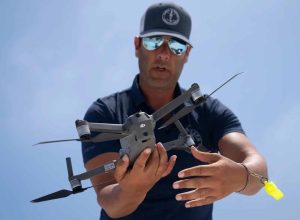

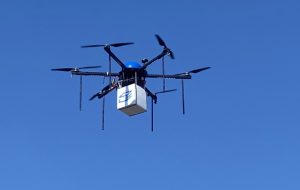




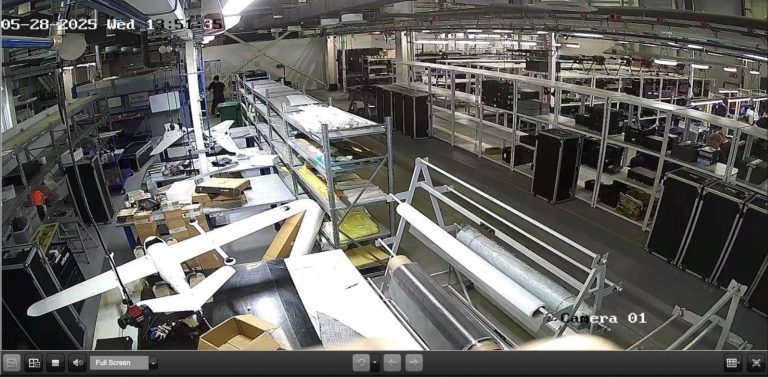
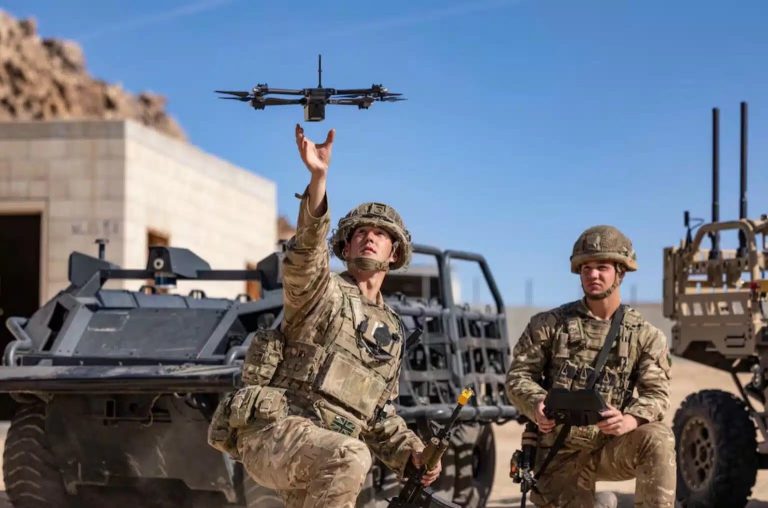


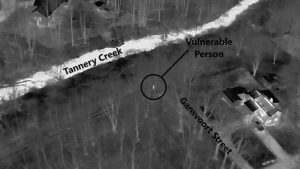

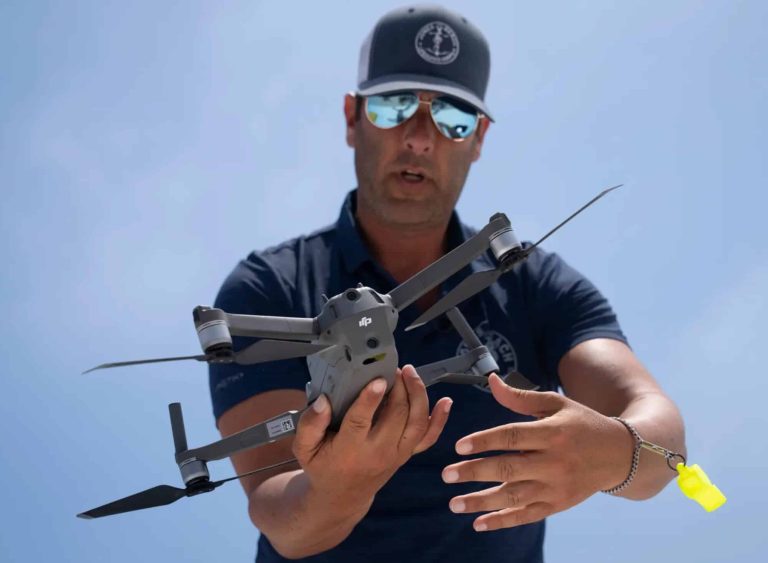

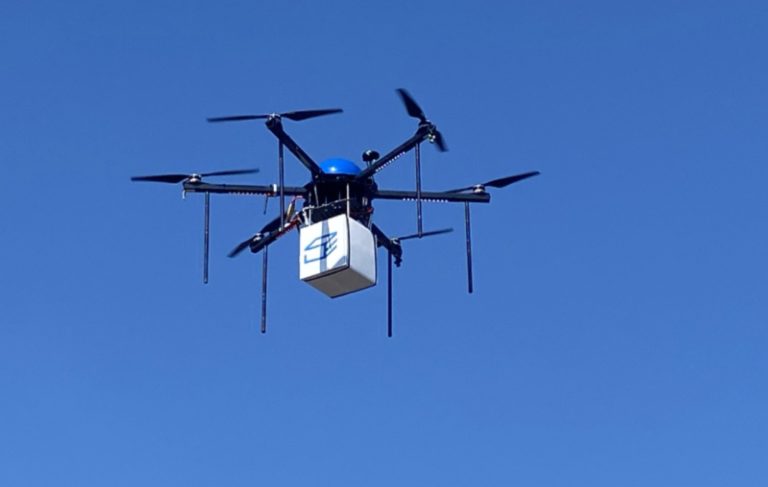

+ There are no comments
Add yours